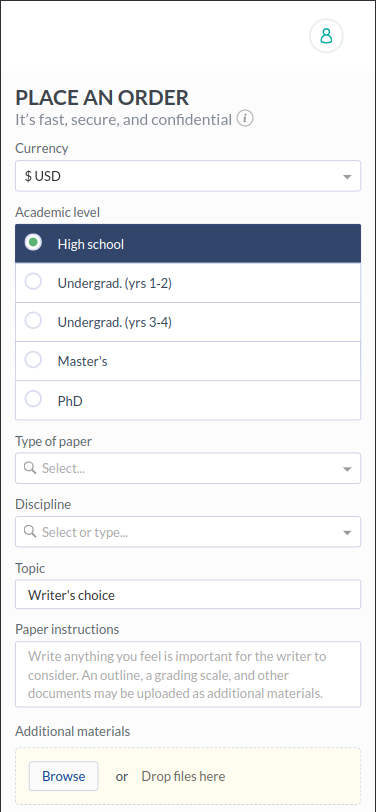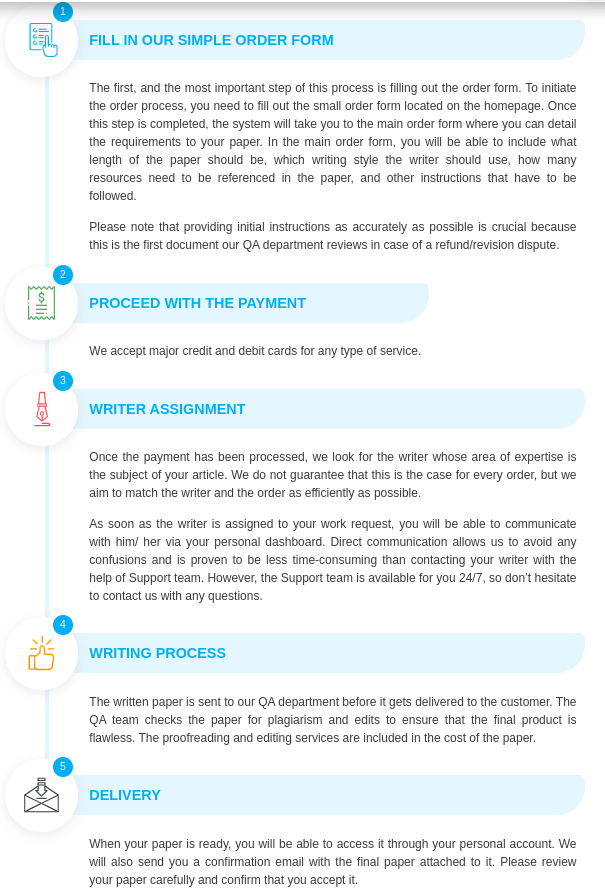A nursing literature review is the foundational element in the nursing and healthcare field. It offers an in-depth examination of your knowledge, methodologies and theories concerning a particular topic in your nursing career. However, choosing suitable nursing literature review topics is no mean feat. Even elite students or professional writers find it intimidating.

When picking nursing literature review topics, several factors come into play. You need to ensure the ideals are relevant to nursing practice, and they align with your career goals, passion and personal interest. If you feel nervous about nursing topics for literature review, Nursingassignmentservice.com is here to make it seamless for you.
Nursing literature review topics
When you are in a nursing school, you are required to do a nursing research paper to showcase your understanding of a given topic. A research paper is an academic assignment that presents findings of a particular research. It adheres to the institution’s academic writing standards.
A research paper often includes an introduction that gives the background of information about your chosen topic. It has a literature review which summaries the topic and highlights what the study aims to address. Nursing research papers contribute to your advancements in nursing knowledge and places you among the elite professionals in the field.
How do I choose a nursing literature review topic?

The journey of becoming a nurse comes with several hurdles and one is choosing literature review topics in nursing. It means you need to master healthcare intricacies to come up with the most intriguing nursing lit review topics. You may be wondering how you are going to select the good topics for a literature review. Here is how you do it.
Reflect on your experience
You can get an idea of nursing literature review topics by recalling your experiences during volunteering, time in clinics or during internships. Remember the tough moments you experienced with patients or challenges you encountered while trying to figure out the right medication. You can also write based on what you inspired you.
Dive into recent studies
Go through recent nursing journals and articles to get topics for literature review in nursing. The best idea is to look for conflicting opinions or areas people have less knowledge about. And as you search for literature review ideas, don’t forget to focus on what is trendy.
Networking goes a long way
Do not hesitate to seek help from professionals or fellow students for nursing literature review example and topic ideas. You can also attend conferences and seminars to meet experts in different nursing fields. Networking with others help you figure out the ideal nursing argumentative essay topics.
What does a great nursing literature review topic entail?
Introduction
If you check a nursing literature review sample, you will notice it has an introduction to give the reader a clue of what the topic will discuss. Introductory paragraph introduces your paper’s topic and its importance. It can be one or several paragraphs based on the instructions and word count.
Literature review
This part comes after your introduction to cite and explain how nursing resonates with your topic. It is a channel to introduce new ideas and concepts. Besides, the segments showcase your reader how well-versed you are in literary work.
Methodologies
Leverage internet to conduct meaningful research for your literature review topics for nursing. You can get more information from directories or medical journals. In this segments, you will have research methodologies, procedures, and explanatory questions.
Discussions
In this section, present your research results either in a chart, table, or graph. Give every results an explanation. The aim is to make the reader understands what you have presented.
Conclusion
summarize your paper about the information you have given throughout the papers. Give recommendations on new ideas that resonates with your research topic. After the conclusion, write your references using the recommended academic format.
Why you should consider our literature review writing services for your top-quality nursing literature review?
At Nursingassignment.com we believe in authenticity, meaning your papers will be original. WE also deliver papers on time to ensure you get ample time to go through it. Our team of experts utilize plagiarism checker to ensure your literature review in free from plagiarism. Enjoy well-written literature review papers and free revisions.
100 examples of great nursing literature review topics and ideas

- Nursing strategies in managing children with diabetes
- The use of technology in addressing pain in oncology units
- Nursing care and management of children with sickle cell anemia
- The impact of low staff on patient outcomes
- How palliative care is integrated in nursing practice
- The impact of telehealth interventions in improving medication adherence in children
- The effectiveness of enhancing cultural sensitivity
- Religion and cultural effects on end-of-life decisions
- Effects of urban-rural transfer of nurses
- How nursing practice helps in hospital-acquired infections
- Nursing empowerment and its effects on patient satisfaction
- Primary care for elderly persons with mental health in nursing
- The integration of genomics and genetics into nursing field
- What are the future directions in simulation of nursing education?
- The impact of patients’ safety based on nurse staff ratio
- A correlation between patient mortality rate and nurse certification
- Preparedness of nurse staffing in natural calamities
- The efficacy of electronic health in enhancing patient safety
- How telemedicine is enhancing access to healthcare in disadvantaged places
- The role of nurses in addressing healthcare disparities in marginalized areas
- The influence of nurse leadership on organization culture
- Tactics to prevent violence at workplace against nurses
- Simulation and e-learning among nurses
- Influence of nurses on smoking cessation
- Best practices and challenges for nurses dealing with patients with chronic diseases
- Nursing interventions on healthcare services for LGBTQ community
- How nurses’ health is affected by work shift
- The disaster preparedness and response in nursing practice
- Ethics integration into nursing practice
- Nursing role in fighting for patients’ rights
- addressing falls in elderly patients in nursing practice
- How can nurses promote sleep hygiene for hospitalized patients?
- The nursing environment and its effect on patient’s outcome
- Promoting sexual health education in nursing
- Preparedness of nurses working in politically unstable environments
- Competency assessment of nurses and patients’ outcomes
- Integrating telemedicine in nursing
- How can nurses promote healthy aging?
- What are the effective strategies to improve collaboration in nursing field?
- How technology can be used in pain management and assessment?
- Nursing practice in the management of pain in pediatric patients
- How the nurse residency programs impact nurses into their transition challenges?
- Transition challenges faced by new graduating nurses
- Best nursing practices for patients with terminal illnesses
- Best nursing practices for patients with infectious illnesses
- Importance of hand hygiene among the healthcare professionals
- Nursing practices and challenges in organ donation
- Interventions in the nursing field on medication errors
- How peer support programs enhance nurse well-being and resilience
- Inclusion and diversity in nursing practice and education
- Addressing the intricacies of dealing with patients with neurological disorders
- Nursing burnout among the leading reasons for medication errors
- Use of technology in addressing medication errors
- Nursing practice role in delivering health services for children in rural areas
- Addressing disparities in child and maternal health
- Advanced strategies in nursing practice to deal with persistent HIV/AIDS symptoms in children
- Managing vaccine hesitancy in nursing practice
- the role of nurses in addressing smoking in adolescents
- Mindfulness-based intervention in addressing patients with anxiety
- Collaboration and teamwork among nursing professionals
- Promoting reliance among nurses working long hours
- harmonization of nurses’ payment and working conditions
- The impact of a working environment and productivity of nurses
- The impact of hospital management and nurse resilience
- the correlation between advanced nursing education and patient recovery time
- Use of technology in self-manage of patients with inflammatory bowel disease
- Nursing care and management of elderly people with gastrointestinal disorders
- Analyzing the effect of visitation of terminally ill patients
- Addressing the dilemma faced in the end-of-life decisions
- Can a nurse’s religion belief affect their treatment delivery to patients?
- How does euthanasia affect nurses?
- The role of nurses in adherence of medication among patients
- How nurses’ attitude affects the recovery of patients with depression
- Promoting resilience among healthcare professionals in high-stress situations
- Nursing practice and its role in improving medication accuracy
- Advanced education among nurses and its impact on patient’s outcomes
- Vulnerability of children and elderly on infectious diseases within healthcare facilities
- How nursing practices help in preventing spread of diseases in healthcare facilities
- Dealing with the ethical and professional dilemma in euthanasia decision
- The role of nurses in enhancing patient’s condition after domestic violence
- Collaboration of nurses and other healthcare professionals in palliative care
- Addressing effects of technology in pediatric settings
- Promoting mental health in schools
- Nursing practices that helps in addressing medication errors
- How can nurses help in mitigating social isolation among patient with chronic illnesses?
- The efficacy of nursing practice in promoting healthy sleep
- Pain management among children suffering from cancer
- The effectiveness of cancer screening in rural settings
- Using technology for early detection of urinary tract infections in children
- How nurses help patients with attention-deficit disorder
- Nurses and the hindrances to sustainable health
- How bullying affects nurses
- Approaches to minimize depression on nurses
- Workload effect on nurses
- The efficacy of using non-verbal language by nurses
- Addressing the ethical dilemma in the nursing field
- Impact of simulation training on nurses
- knowledge about electronic health record
- Nurses playing a pivotal role in assisting doctors assessing patients
- Exploring ways to help nurses overcome fatigue
FAQS for nursing literature review topics and ideas
Do nurses need a literature review? Yes, because it is an important paper that showcases your accumulated knowledge on a particular topic.
How to conduct a literature review? You can do a literature review by defining the specific topic of your literature review, researching broadly, and conducting the analysis of the literature based on your chosen topic and categorizing the resources.
What is a literature review? It is a summary of a topic in a given field of study. In nursing, it summarizes the knowledge you have gained while studying and practicing nursing.
Who should read the third edition of literature reviews? Students, librarians, researchers, and academics can read the third edition of literature review.
Nursing paper covers a myriad of topics that can enhance healthcare management and patient recovery. There is a lot to dive into since the nursing landscape is wide and dynamic. And if you are stuck, you can reach to Nursingassignmentservice.com to get examples of nursing literature reviews, topics, and writing services that will elevate your grades.




